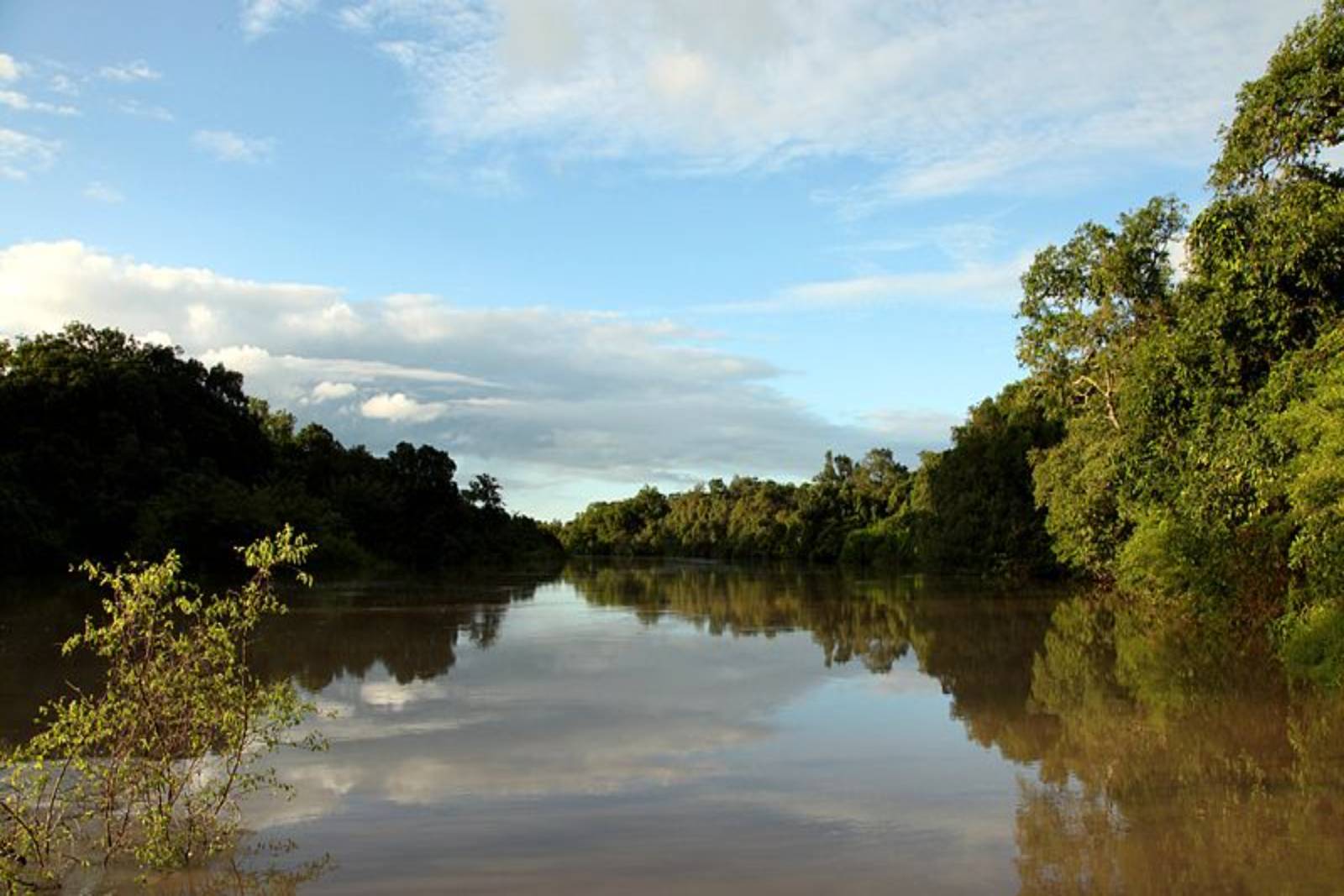
Gbako is a Local Government Area in Niger State, Nigeria. Its headquarters are in the town of Lemu. The Kaduna River forms its western boundary. It has an area of 1,753 km² and a population of 127,466 at the 2006 census. The postal code of the area is 912.
The major ethnic groups in Gbako are the Gwari, Hausa, and Fulani. The Gwari are the largest ethnic group in the area and they make up about 60% of the population. The Hausa are the second largest ethnic group and they make up about 30% of the population. The Fulani are the third largest ethnic group and they make up about 10% of the population.
The major languages spoken in Gbako are Gwari, Hausa, and Fulfulde. Gwari is the most widely spoken language in the area and it is the language of government and education. Hausa is also widely spoken in the area and it is the language of trade and commerce. Fulfulde is spoken by the Fulani people and it is the language of the nomadic Fulani herdsmen.
The major religions in Gbako are Islam and Christianity. Islam is the majority religion in the area and it is practiced by about 80% of the population. Christianity is the minority religion in the area and it is practiced by about 20% of the population.
The major economic activities in Gbako are agriculture, livestock, and trade. Agriculture is the most important economic activity in the area and it accounts for about 70% of the employment in the area. The major crops grown in Gbako are millet, sorghum, rice, and cassava. Livestock is also an important economic activity in the area and it accounts for about 20% of the employment in the area. The major livestock raised in Gbako are cattle, goats, and sheep. Trade is also an important economic activity in the area and it accounts for about 10% of the employment in the area. The major goods traded in Gbako are food, livestock, and agricultural products.
The major challenges facing Gbako are poverty, illiteracy, and unemployment. Poverty is a major challenge in Gbako and it is estimated that about 70% of the population lives below the poverty line. Illiteracy is also a major challenge in Gbako and it is estimated that about 60% of the adult population is illiterate. Unemployment is also a major challenge in Gbako and it is estimated that about 50% of the youth are unemployed.
The major achievements of Gbako in recent years include the construction of roads, schools, and hospitals. The construction of roads has made it easier for people to travel and trade. The construction of schools has increased the literacy rate in the area. The construction of hospitals has improved the health care system in the area.
The major plans for Gbako in the future include the development of agriculture, livestock, and trade. The development of agriculture will increase food production and create jobs. The development of livestock will increase milk production and create jobs. The development of trade will increase the flow of goods and services and create jobs.